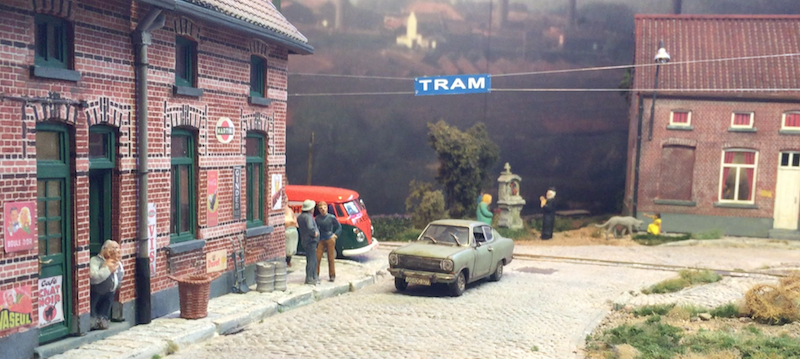Djangocon: Switching from nose to py.test at Mozilla - Mathieu Agopian¶
(One of the summaries of a talk at the 2015 Djangocon EU conference).
Mathieu Agopian likes py.test much more than regular python unittests or nose.
A bit of terminology.
A test is a piece of code written to assert that another piece of code is behaving as expected.
Test runner: gathers test and runs them.
Test suite (or “a built”): full collection of tests to run.
py.test is already quite old and it is now maintained by a big team. One of
the handy features is tests written without boilerplate. assert 1 + 1 == 2
works! No need for self.assertEquals(). There is a plugin system. Like
nose, it doesn’t show output if the test runs OK.
If a test fails, py.test provides awesome error reports. “This item misses from the second dict” instead of only showing the two dicts, for instance.
Test fixtures are done via dependency injection: you just pass a fixture to the test function. No need for testSetup() and testTeardown().
You can run the same test with multiple parameters.
Plugins? For instance pytest-django, which runs createdb for you. pytest-cache
is another good one. It allows you to run the tests with the --lf, “last
failed”, option. It skips all tests apart from the ones that failed
previously. Very useful.
pytest-django: look at the --reuse-db option, this speeds up the tests a
lot. You can make it the default value, too and re-enable it with a
--create-db option.
Why should you change to py.test? py.test is pythonic. You can just use a
simple assert. There’s no camelCasing like self.assertEqual().
py.test is also better maintained (but see the correction below). When he made the slides, py.test had 7 open issues and nose had 313.
(Correction: Holger Krekel, py.test author, tweeted afterwards that there are much more than 7 issues in py.test… Turns out the bitbucket query was wrong, there are 7 “open” issues, but “open” + “new”, that are currently 302 issues.)
If you change, you often don’t need to change much. py.test supports existing unittests, for instance.
